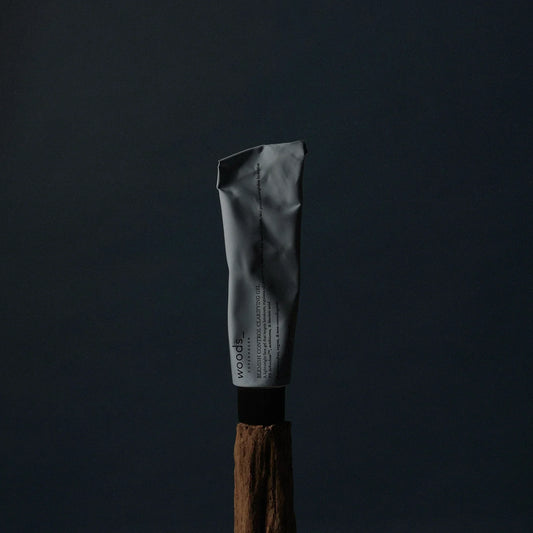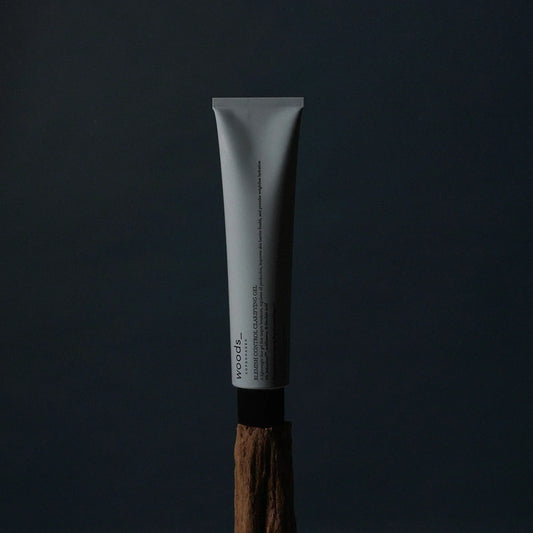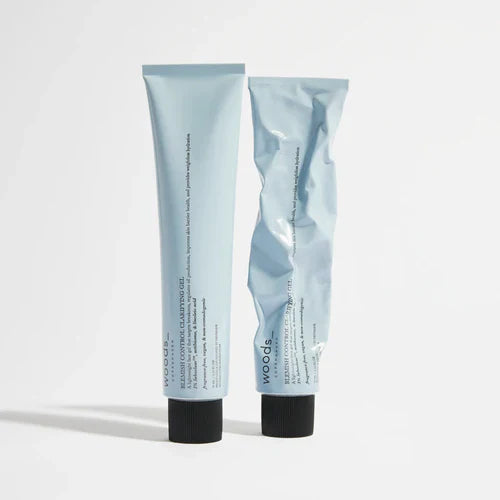Should I cleanse more often?
As a rule of thumb, washing your face once daily with a gentle cleanser should be sufficient for most skin types. However, the rising temperatures can tempt us to indulge in more outdoor activity, thereby exposing our skin more to sweat, extraneous build-up, and toxins. The common denominator of these factors is that they all lead to an increased need for cleansing. To avoid over-cleansing your skin, we recommend that you instead incorporate your cleansing ritual in your PM routine and stick to washing your face with water in the morning and during the day. This way, you ensure that you keep your skin fresh and clean without disrupting its natural balance.
Should I moisturize my skin even though I'm sweating?
Sweating is often either uncomfortable or inconvenient – but also a natural and necessary reaction from our bodies. And though sweating comes with a lot of benefits (believe it or not), your sweat can never replace your moisturizer. The reason for this might be simpler than you’d initially think, so let’s break it down: If sweat rests on the skin for too long, it can clog pores, thereby leading to either irritations or impurities. A moisturizer, on the other hand, is formulated to enrich your skin from the moment it comes in contact with your complexion and apply long-lasting effects. Put simply: When your skin needs moisture, it doesn’t mean that any type of moisture will do. And as the summer heat has the ability to dry out your skin, skipping your moisturizer can compromise your skin’s moisture balance. Therefore, it’s never a bad idea to reach for your moisturizer – even during summer! 
Can I reuse my sunscreen from last year?
Expiration dates are there for a reason – and that goes for your sunscreen as well. If your sunscreen has expired, there’s no guarantee that it’ll protect your skin efficiently, if at all. And just as expired food can turn our stomachs upside down, expired ingredients can cause negative effects on our skin.
Your skin’s health is dependent on your sunscreen’s ability to protect it efficiently – especially during summer, when it’s exposed to more frequent and stronger sunlight. Therefore, it’s always a good idea to go through your skincare collection from time to time, so you can restock if necessary.
Can I use retinoids during summer?
Lately, retinoids and their subcategory, retinols, have taken skincare routines all over the world by storm. And with these strong ingredients’ proven abilities to stimulate both the skin’s collagen production and cell renewal, it’s not difficult to understand why. Shortly put, the efficacy of retinoids and retinols is unmatched, as they offer the skin multiple and versatile properties – yes, during summer as well. What you should be aware of is that retinols such as vitamin A can leave the skin sensitive to UV rays if your skin is not used to them. Therefore, we recommend that you either incorporate your retinoids/retinols in your PM routine or at least use sunscreen afterwards, if you’re using them in your AM ritual.
Can my sunscreen replace my moisturizer?
Sunscreens and moisturizers are different types of products that offer the skin different properties. Meaning: Though your sunscreen can contain hydrating and nourishing ingredients, we’d never recommend that you skip your moisturizer – like, ever.
While your sunscreen will form a protective shield on top of your skin to counteract UV damage, your moisturizer’s main property is to keep your skin replenished and well-balanced. Put shortly: Moisturizer firstly, then sunscreen, and you’re good to go!
More posts
-
Adult acne: from cause to treatment
While many associate acne and blemishes with the turbulent teenage years, the reality is that many adults continue to grapple with breakouts well into their 20s, 30s, and beyond. But...
Read more -
Skincare for teens: a step-by-step guide
Navigating skincare as a teenager (or honestly, just as much as an adult) can feel like a maze. In this digital age, we’re constantly flooded with the newest trends and...
Read more -
Introducing: blemish control clarifying gel
Breakouts are one of the most common skin concerns, affecting people of all ages and skin types. And when it comes to treating blemishes, striking the perfect balance can be...
Read more
- Choosing a selection results in a full page refresh.
- Opens in a new window.



